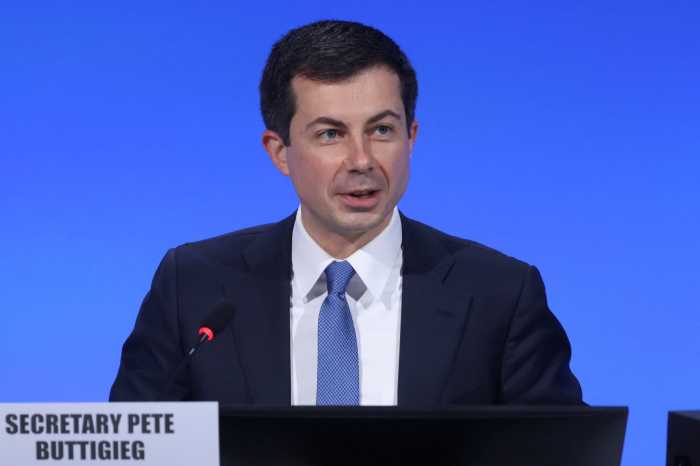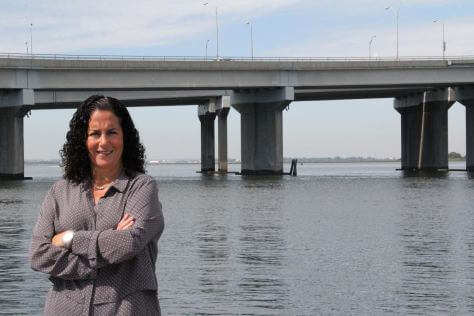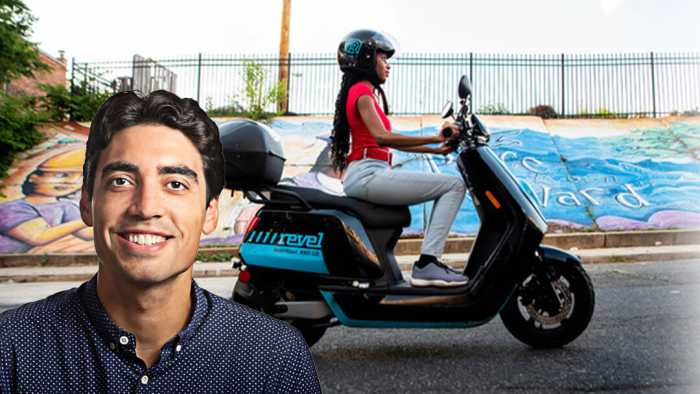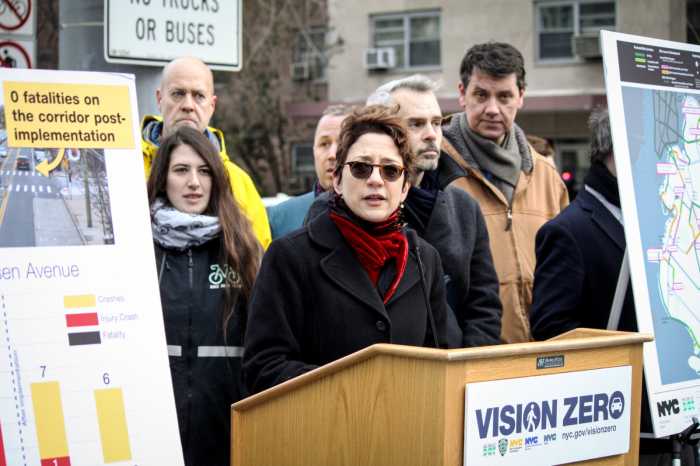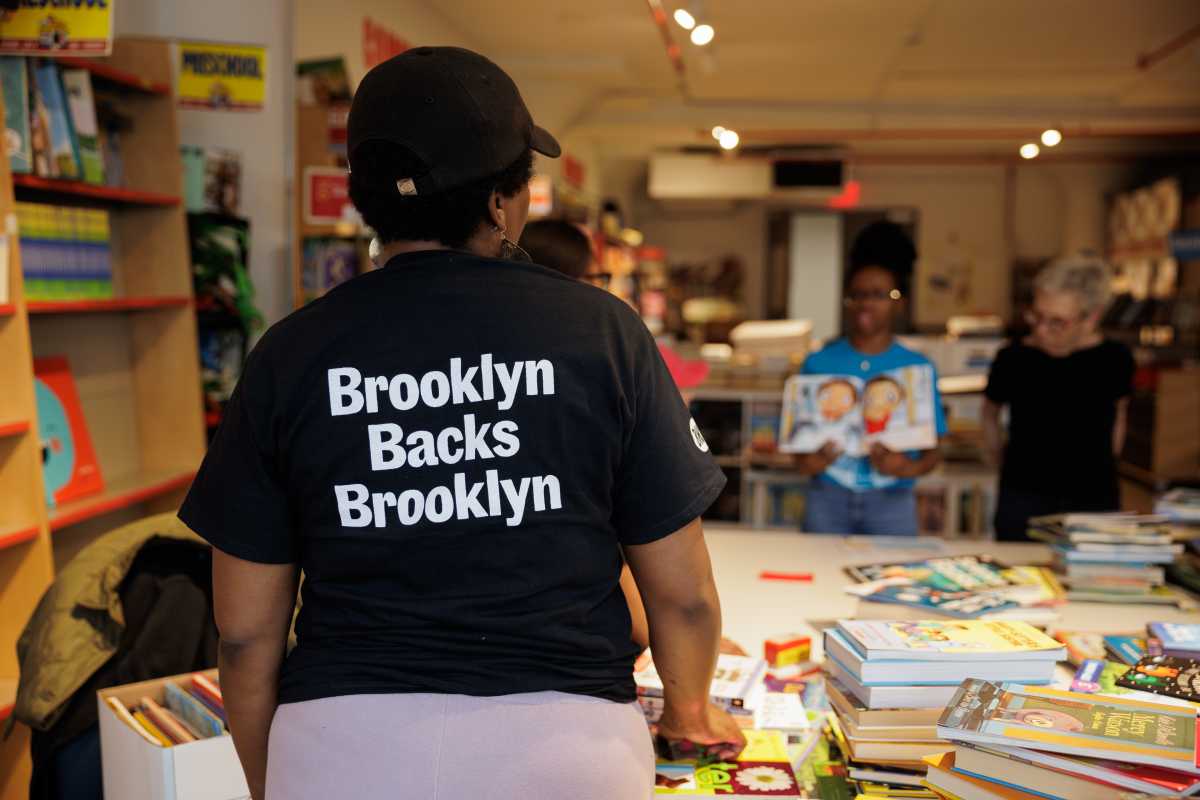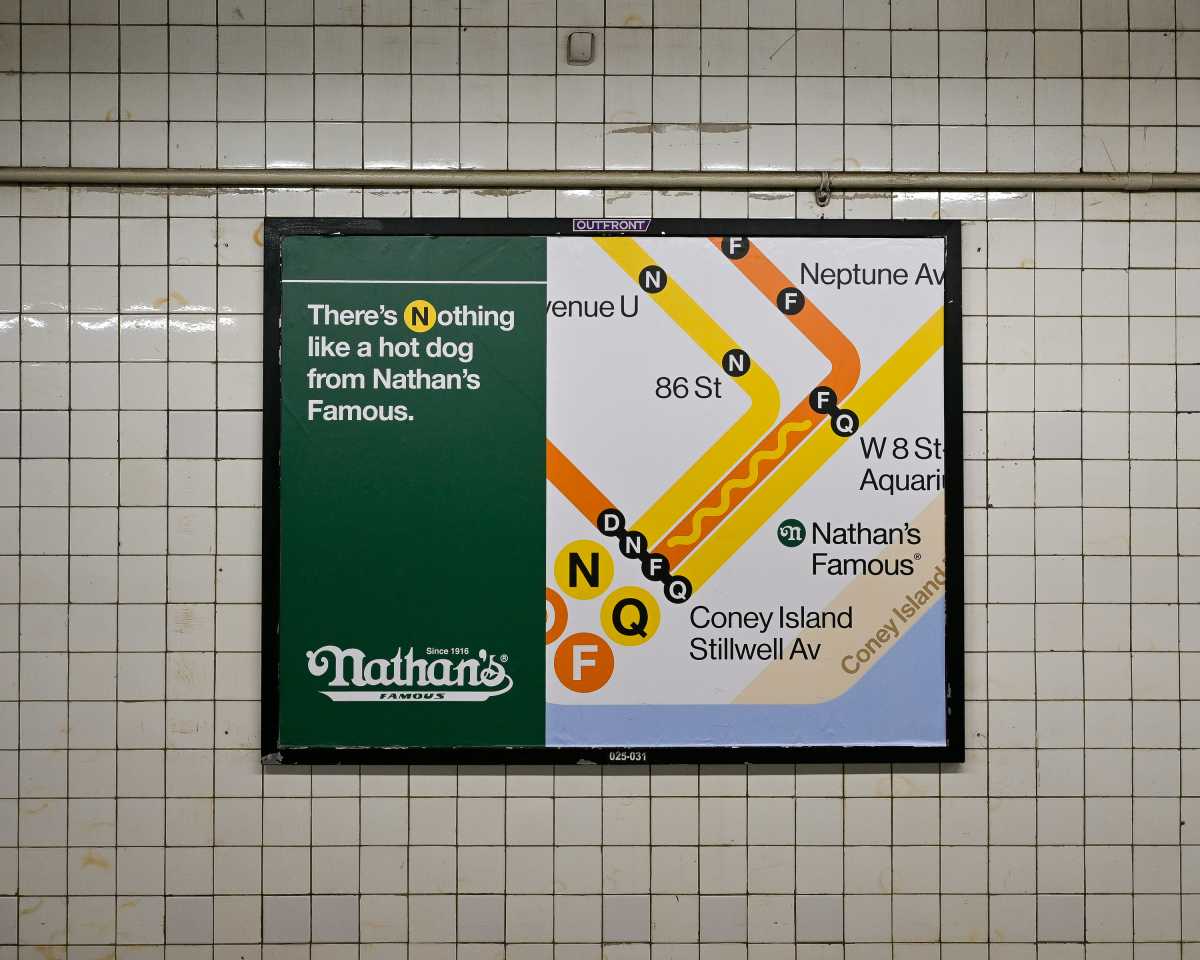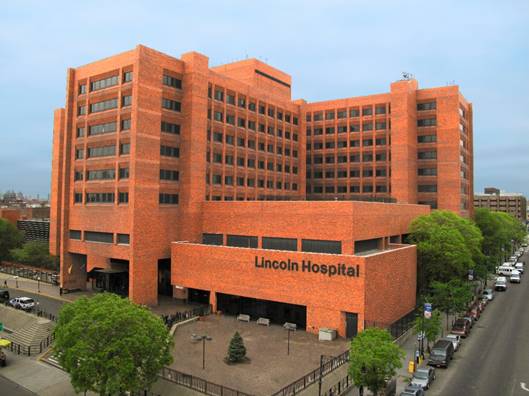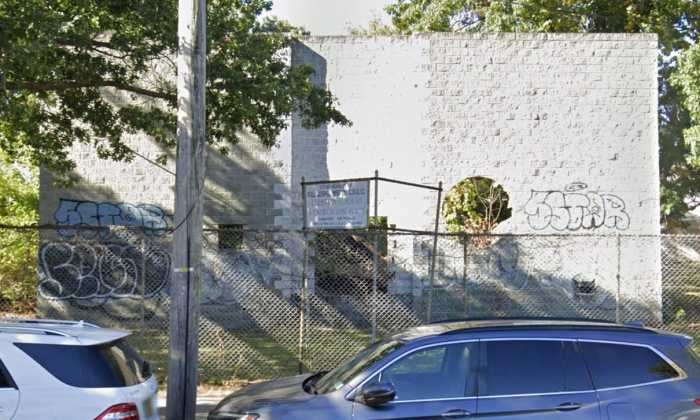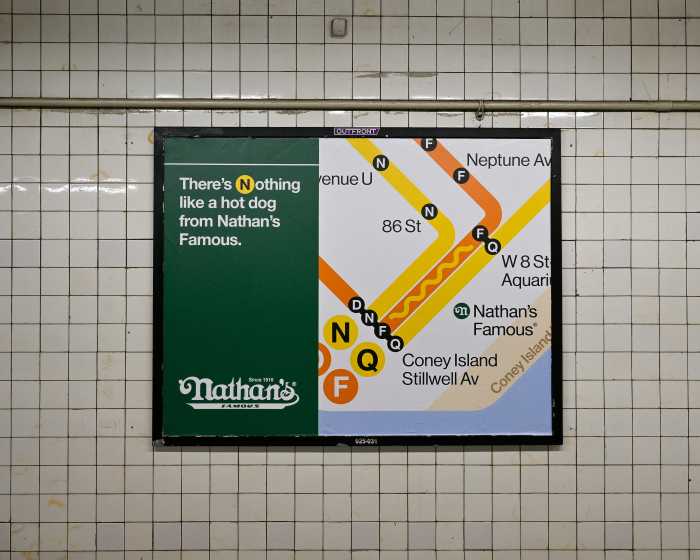New York is expensive. Half of the City’s households cannot comfortably afford to live here. These New Yorkers are struggling to pay for the essentials, like housing, food, healthcare, and transportation. We believe in our shared responsibility to help our neighbors in need – that we must not harden our hearts nor shut our hands to vulnerable members of our community. That is why we are fighting to expand eligibility for the Fair Fares program, which offers half-priced bus and subway fares to New Yorkers with low incomes. It is a lifeline to hundreds of thousands of residents for whom every dollar counts.
Today, only those with incomes beneath the Federal Poverty Level (FPL) are eligible for Fair Fares. The federal poverty level is the same no matter where you live in the U.S., whether in Kansas or Queens. For a household of four, the FPL is an annual income of $30,000. For a single resident, it’s just $14,580.
Applying this standard in New York City does not make sense and excludes far too many residents in poverty. Surveys show hundreds of thousands of New Yorkers with incomes between 100% and 200% of the federal poverty level struggle to afford public transit. That is why the New York City Council – alongside partner organizations and advocates like Community Service Society (CSS) and Riders Alliance – is calling on Mayor Adams to increase the Fair Fares eligibility threshold to 200% of the federal poverty line.
The Council is currently negotiating with the Mayor over next year’s budget and has requested the administration increase Fair Fares funding by $61.5 million to expand the program and meet demand among those newly eligible. This modest investment (less than .1% of the City’s operating budget) will go a long way toward ensuring vulnerable New Yorkers can get around and make ends meet.
Expanding Fair Fares would increase overall fare box revenue and help improve transit service. This week, the MTA reported that fare evasion on subways and buses accounted for $600 million in lost revenue in 2022. Too many fare evasions are the result of hardship, a forced choice between paying the fare and eating a meal. An all-but-certain fare hike will further burden riders. The MTA strongly supports raising the Fair Fares eligibility threshold, which would provide more New Yorkers the chance to ride at an affordable rate – and reduce the incentive to evade the fare. The MTA could put recouped dollars toward necessary, systemwide upgrades in service.
We note, too, the crucial importance of publicizing Fair Fares such that every eligible New Yorker knows where and how to sign up.
Today, only around 30% of those deemed eligible are enrolled in the program. 15% of currently eligible individuals have not even heard of Fair Fares. An additional 5% said that they did not know how to apply, and almost 40% said that they had not applied for the program, even though they were eligible.
To maximize the benefit of Fair Fares, the City must embrace new and creative approaches to outreach. Last month, legislation was introduced in the Council to require NYPD officers patrolling in subway stations to carry flyers with information about what Fair Fares is, who’s eligible, and how to apply. These officers would be required to give those flyers to any individual who receives a summons or is arrested for fare evasion in the subway. At a time when too many are criminalized just because they cannot pay the fare, the administration should at least be required to take proactive steps to spread more information about the Fair Fares program.
We should also engage in concerted outreach efforts to communities in need, like NYCHA residents and CUNY students. Research shows that access to free MetroCards led to higher degree completion rates among CUNY students.
Finally, we should adopt the recommendations of advocacy organizations like CSS and streamline the process of signing up for Fair Fares. New Yorkers interacting with the benefits system should be automatically screened for Fair Fares eligibility and put on track for enrollment or renewal, and the administration should cut down on the paperwork required to obtain or renew a Fair Fares card.
The Fair Fares program is premised on the idea that no New Yorker should be denied access to public transit because they cannot afford it. By expanding eligibility for Fair Fares – and coupling expansion with more effective outreach – we can turn this idea into reality for hundreds of thousands more New Yorkers.
Selvena N. Brooks-Powers is the Majority Whip of the New York City Council and Chair of the Council’s Committee on Transportation and Infrastructure. She represents District 31, which contains parts of Southeast Queens and the Rockaways. Reverend Dr. Margaret Elaine M. Flake is a Senior Pastor at Allen A.M.E. Cathedral in Jamaica, Queens.




